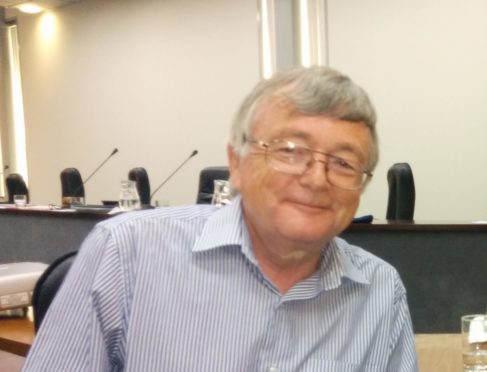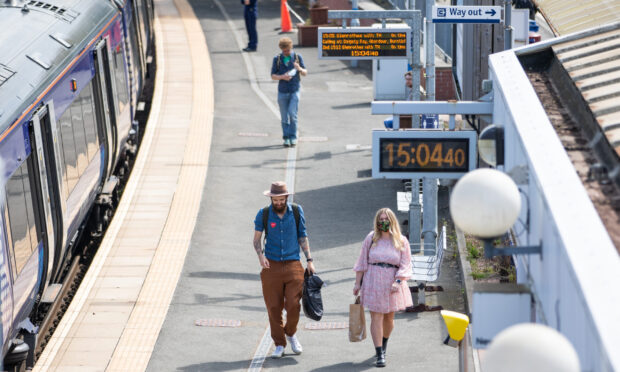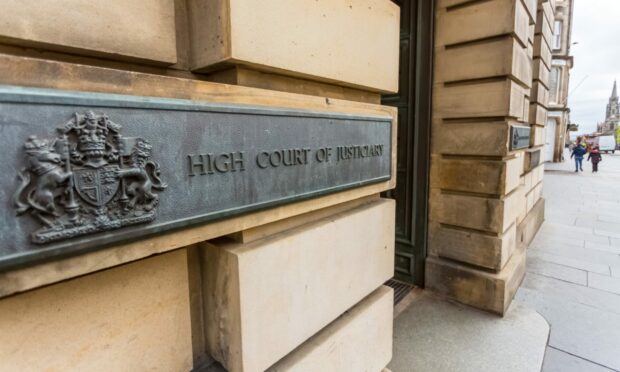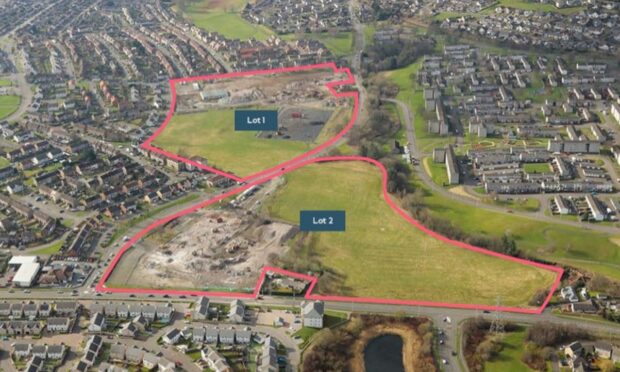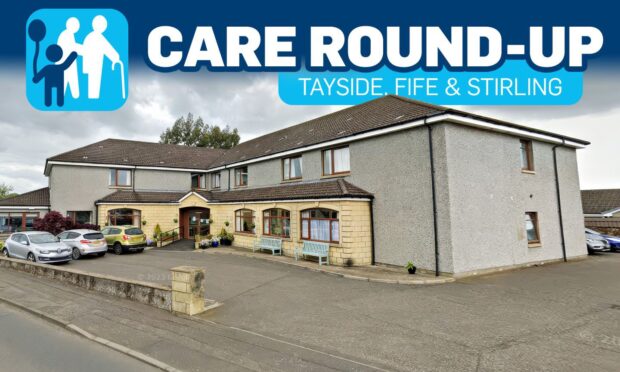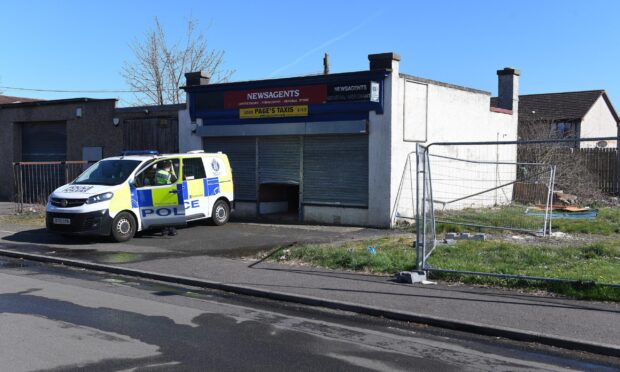Ambitious plans to eradicate poverty and inequality from Fife’s neediest neighbourhoods have been unveiled by the local authority.
Tackling the impact of welfare reform, low pay and a lack of affordable housing and childcare are among a number of measures included in the new Draft Plan for Fife approved by councillors yesterday.
It is hoped the long-term vision, to be implemented over the next decade and beyond, will significantly improve the lives of Fife’s most vulnerable residents while creating fairer and more pleasant communities.
Fife Council co-leaders David Ross and David Alexander said the introduction of Universal Credit meant action was vital.
“The overall impact of welfare reform is an estimated £153 million lost from the local economy,” said Mr Ross.
“That is the equivalent of £660 per adult per year.
“It’s not just people losing benefits. They won’t be buying from local shops or paying for services so it will impact on practically everybody.”
Of the 700 people in Fife currently receiving Universal Credit, 568 are already in rent arrears.
Mr Alexander said an additional £6m of arrears was expected by the end of the year.
“That’s the worst case scenario but for us to combat that we have to be as united and as progressive as possible,” he said.
With the council facing its own budgetary challenges, the NHS, colleges, employers and communities themselves will all be urged to play their part in effecting change.
Fife Council will also lobby the UK Government on behalf of the public to instigate a change in policy.
While the finer details have yet to be worked out, the plan includes ambitions to ensure everyone is paid a living wage; to extend access to flexible, affordable childcare; to invest in play areas, sports facilities and allotments; to regenerate industrial estates and to ensure 20,000 new homes over the next 20 years.
Assessing the viability of a basic income pilot has also been agreed, and it is hoped an increase in training and apprenticeships will boost employment.
“This plan is not just about tackling poverty, it’s also about creating wealth,” Mr Alexander said.
“If we give people employment it saves money on social security and in the health service.
“They are also less likely to take drugs and indulge in anti-social behaviour, and communities benefit.”
